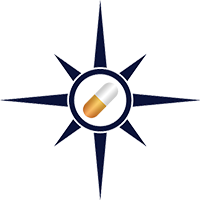



API Suppliers

US DMFs Filed

CEP/COS Certifications

JDMFs Filed
0
Other Certificates
0
Other Suppliers
0

USA (Orange Book)

Europe

Canada

Australia

South Africa
Uploaded Dossiers
U.S. Medicaid
Annual Reports
0






Impressions: 9174
https://www.pharmacompass.com/radio-compass-blog/mid-2018-recap-of-warning-letters-import-alerts-and-non-compliances
Impressions: 3166
https://www.pharmacompass.com/radio-compass-blog/sanofi-lawsuit-highlights-mylan-s-unfair-trade-practices-fresenius-goes-on-multi-billion-dollar-spending-spree
Impressions: 7923
https://www.pharmacompass.com/radio-compass-blog/drug-costs-and-prescription-trends-in-the-united-states-analyzing-medicare-s-121-billion-spend


